Humans of Harker: Liana Wang pushes the boundaries of identity
“It’s kind of interesting that when people think of ‘Liana,’ they think of ‘dance,’” Liana Wang (12) said. “There’s nothing necessarily wrong with that, but I wish that they took time to realize that I’m not just a dancer, and that I do many other things. I just did a piece recently that was a combination of spoken-word poetry and dance, and it was primarily about stereotypes and grouping people into these different categories — and trying to break away from that. I think people should define themselves by who they want to be. I don’t think you can say, ‘Oh, I am this, I am that,’ no, you don’t even really need to define yourself — you can just be as you are.”
January 30, 2018
“Star quality,” in the Cambridge English dictionary, is defined as a “special ability that makes someone seem very successful or better than other people.” It’s elusive, but it’s something that Liana Wang (12) unquestionably possesses. It’s apparent not just in her flawless pirouettes and perfectly executed high kicks, but in her energy onstage.
“For me, [being on stage] is like this whole other experience. It’s kind of like you’re walking out into this new world and looking around. It’s really exciting,” Liana said. “It kind of takes you on a journey into your imagination.”
But despite her ability to captivate others with her dance routines, Liana does not pander to her audiences.
“When a lot of people think of dance, they think a lot about the tricks, and all the fancy moves, and who can do the most turns and whatnot,” she said. “And honestly, I don’t believe that’s what dance is. Dance for me is like a way of life — it’s a passion; it’s something that I cannot live without, and that’s why I’m always appalled when people dance because they want attention; they want to be center stage; they want acknowledgement. I think that dance is more self-fulfillment. It’s something that’s sacred for yourself.”
As the first girl to earn a spot on the Varsity dance team as a freshman, Liana’s dedication to dance will leave a lasting impact to the Harker performing arts community.
“She is incredibly driven and it is without hesitation that I know she will go on to do amazing things,” her dance teacher Karl Kuehn said. “She’s been an integral part of our program. She’s been a dance superstar and there will be an empty spot without her when she moves onto bigger and better things.”
Even before she met her best friend Jacqueline He (12), Liana’s reputation preceded her.
“I’d heard of her before I’d actually known her,” Jacqueline said. “People said she was a really good dancer. While that’s obviously true, I think there’s an additional dimension to her that most people don’t witness. She’s like a super talented dancer, but she’s also extremely funny and kind.”
As a self-described “not very talkative person,” Liana has found another medium through which she can express herself: poetry. Just like dance, poetry offers an “escape from reality.”
“Poetry can be whatever you want it to be,” she said. “You can play with the syntax of the sentences, and that translates into dance too — there’s this freedom. That’s kind of why I prefer poetry over other types of writing.”
Liana draws inspiration from diverse time periods, ranging from the more traditional romanticism to the more modern spoken-word. She finds the spark in the mundane, allowing extraneous events to guide her creative process.
“I don’t plan on what I’m writing — I literally just write just what’s on my mind,” she said. “It’s kind of spontaneous in that sense. When you talk about inspiration, for me that can be a certain feeling, a certain event that happened in my day or even something as simple as when I look outside and I see an object, or I see a person.”
Liana doesn’t box her identity into any one category. Instead, she prefers to avoid definitions altogether.
“It’s kind of interesting that when people think of ‘Liana,’ they think of ‘dance,’” she said. “There’s nothing necessarily wrong with that, but I wish that they took time to realize that I’m not just a dancer, and that I do many other things. I just did a piece recently that was a combination of spoken-word poetry and dance, and it was primarily about stereotypes and grouping people into these different categories — and trying to break away from that. I think people should define themselves by who they want to be. I don’t think you can say, ‘Oh, I am this, I am that,’ no, you don’t even really need to define yourself — you can just be as you are.”































![Setter Emma Lee (9) sets the ball to the middle during the match against Pinewood on Sept. 12. “[I’m looking forward to] getting more skilled, learning more about my position and also becoming better friends with all of my teammates, Emma said.](https://harkeraquila.com/wp-content/uploads/2023/09/DSC_4917-2-1200x795.jpg)








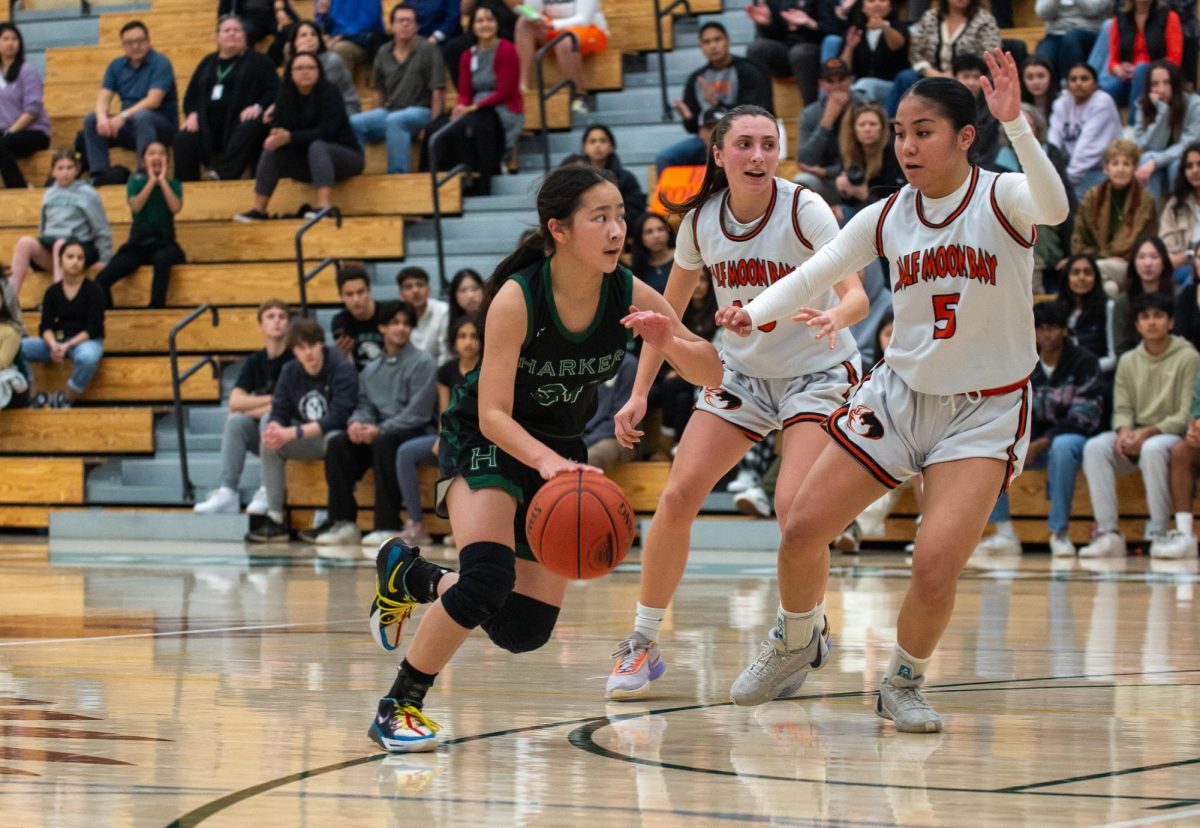























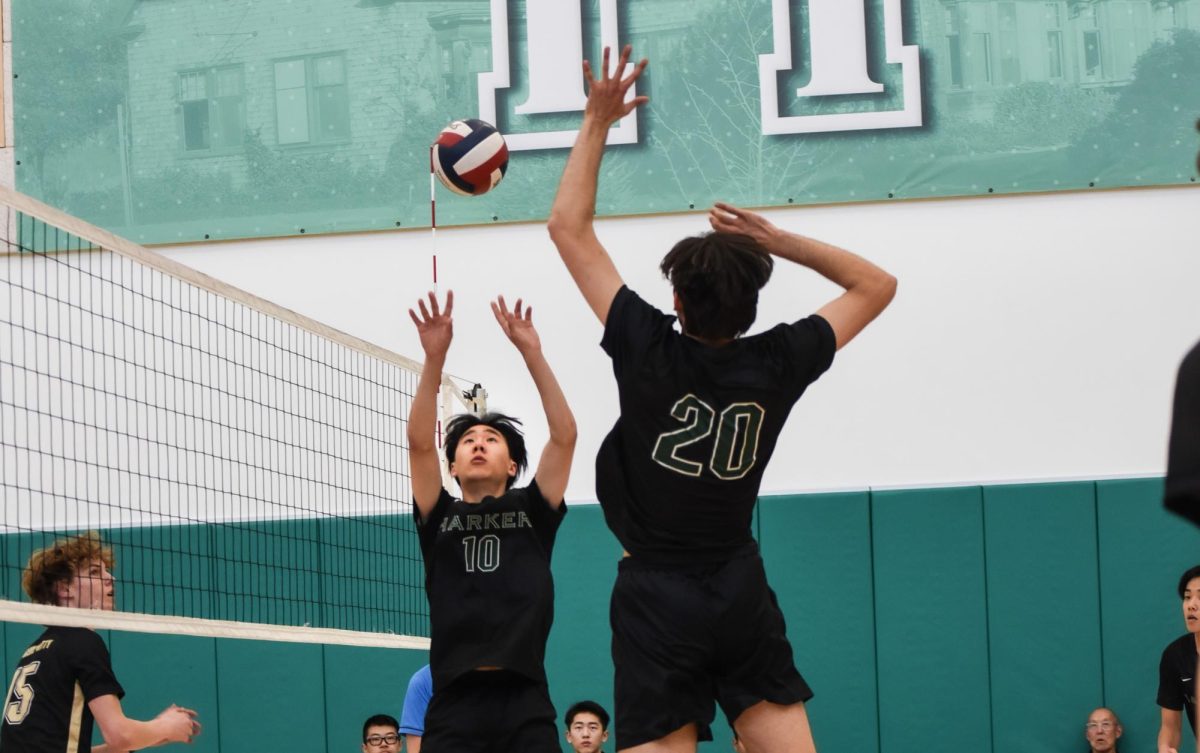
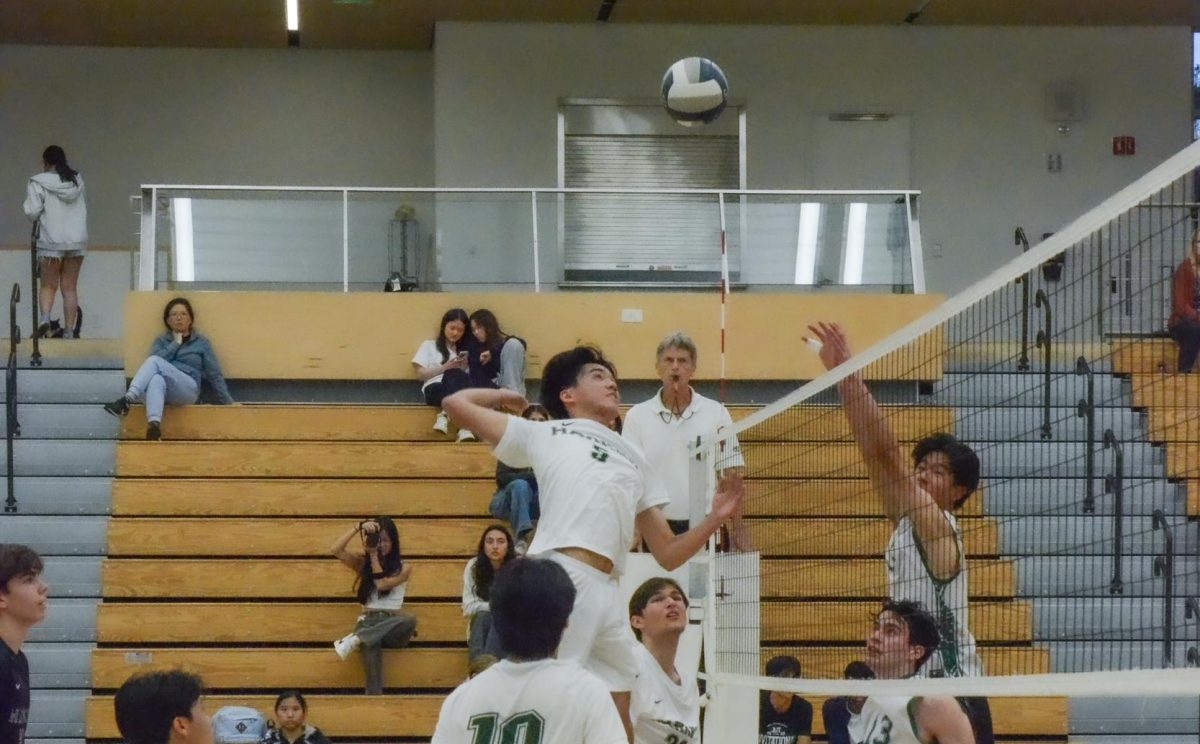
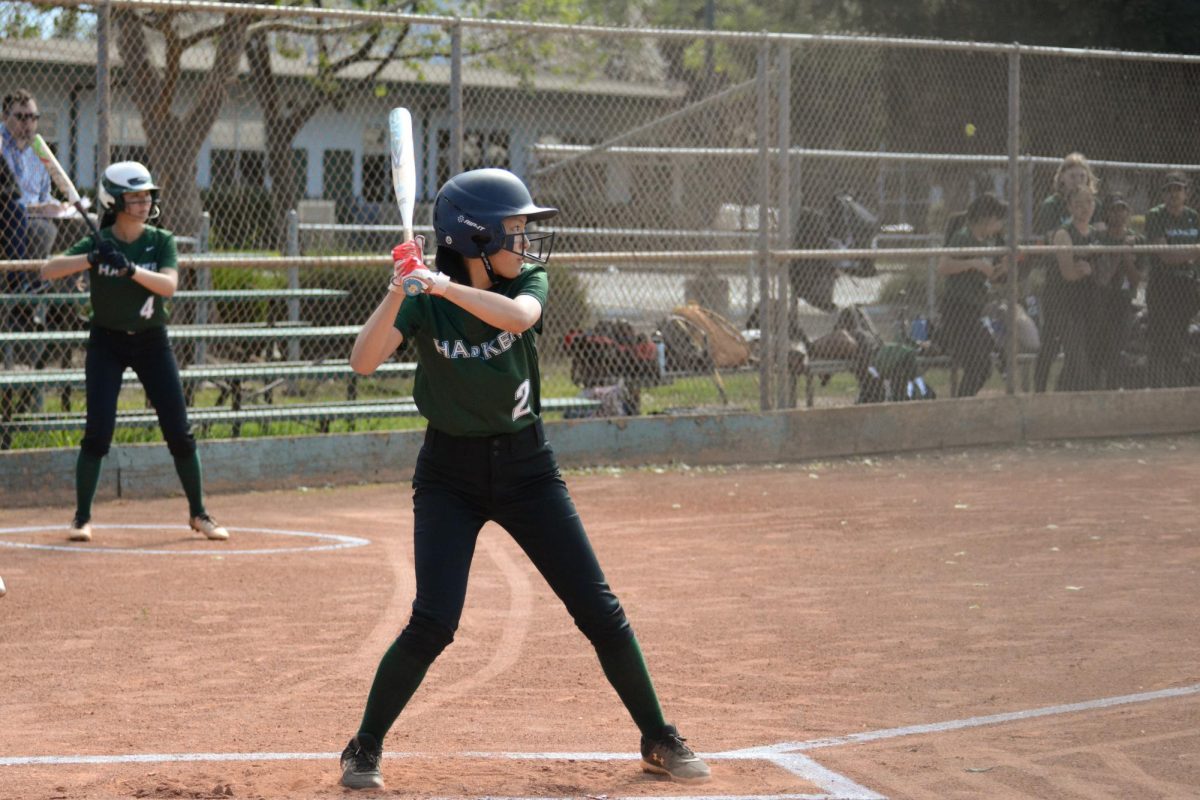
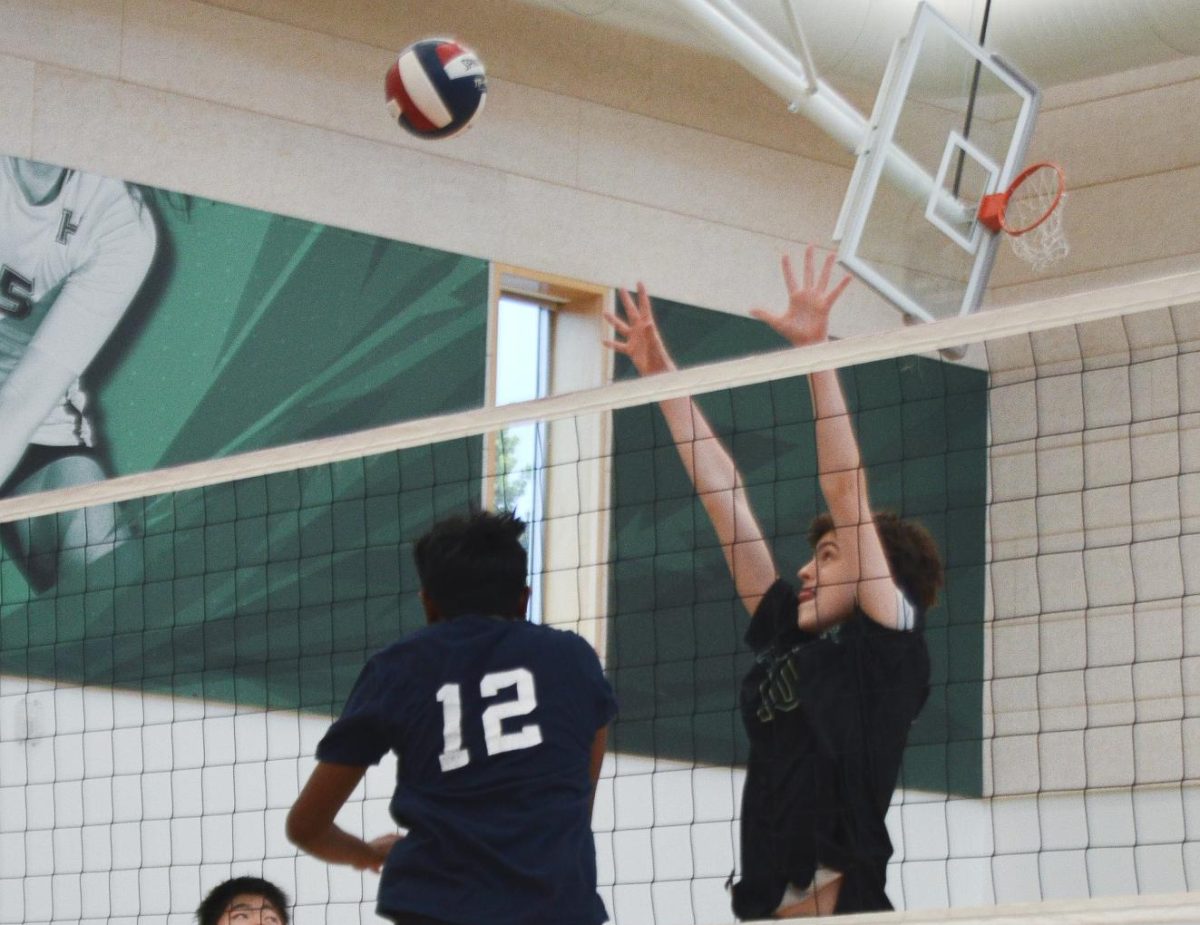
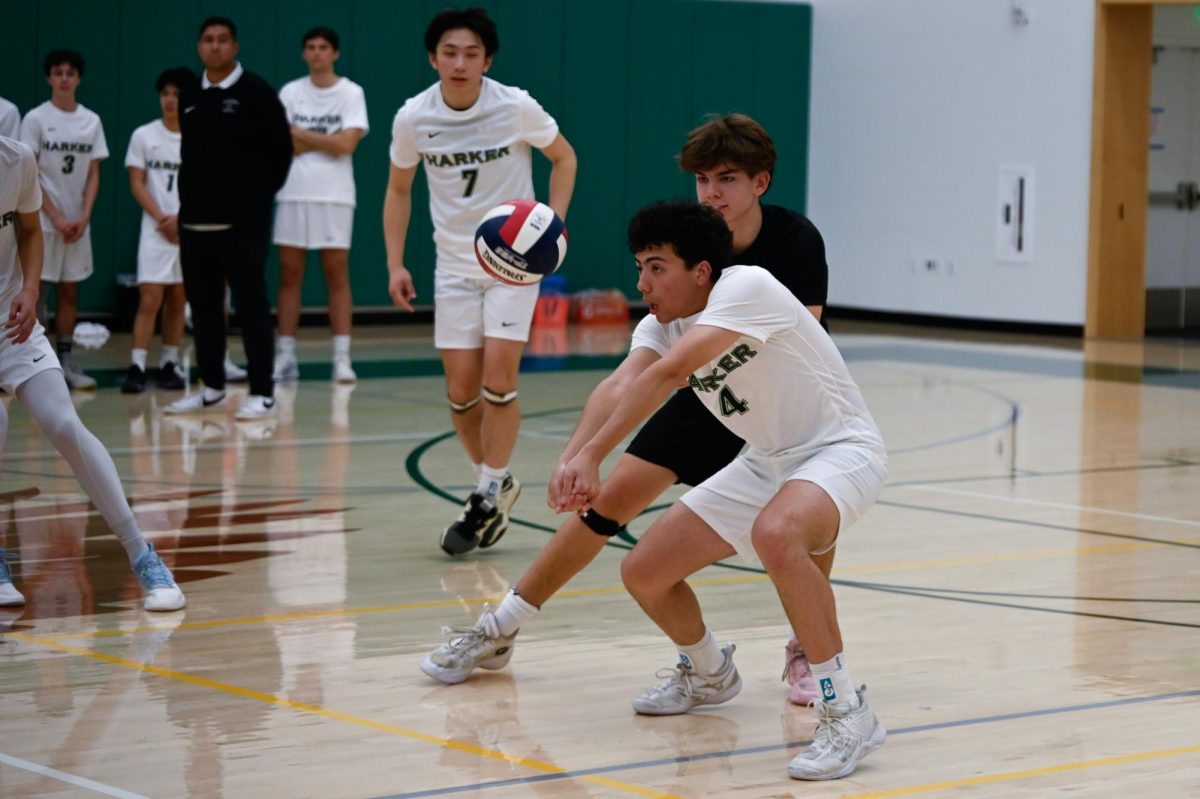





























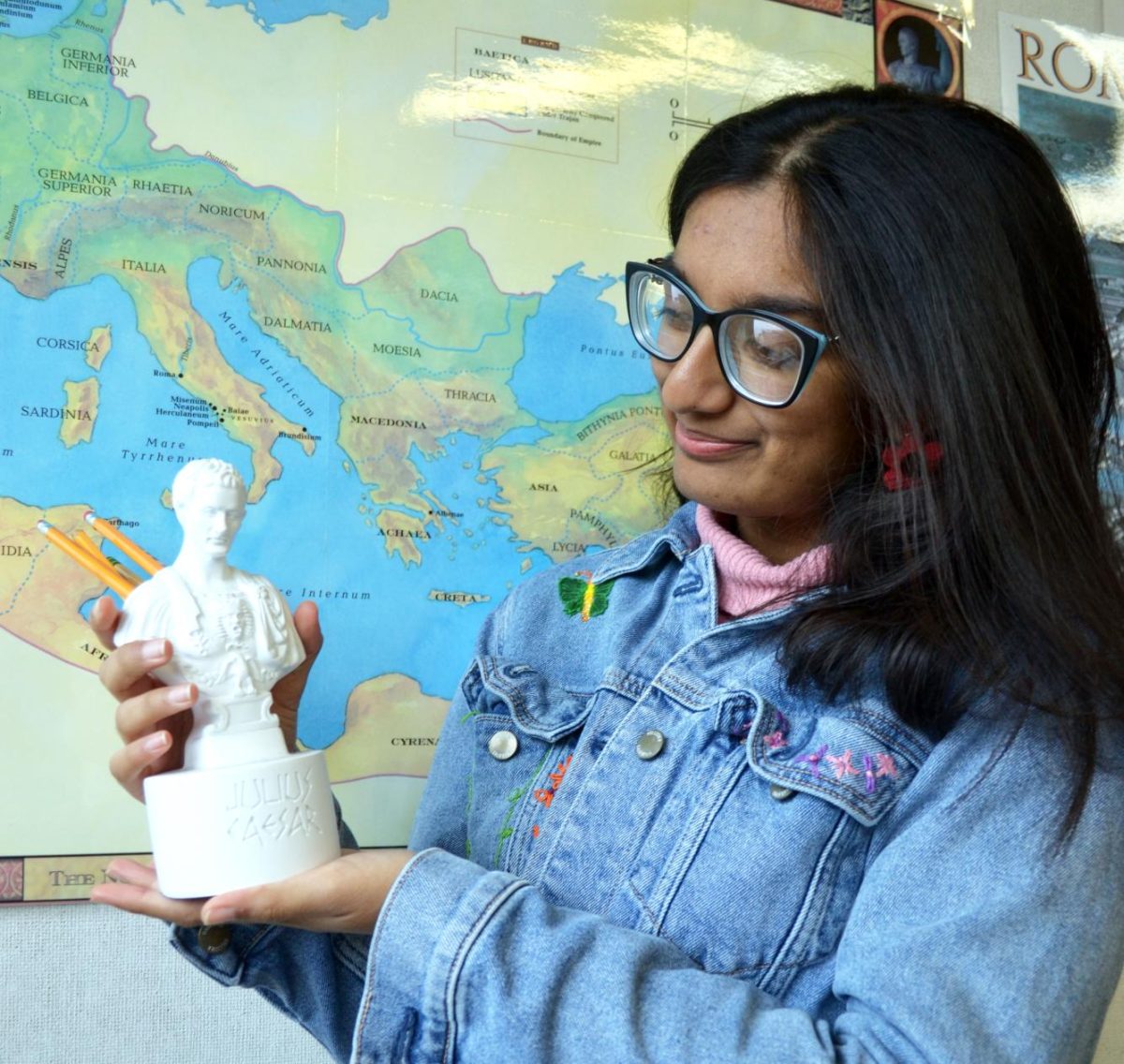
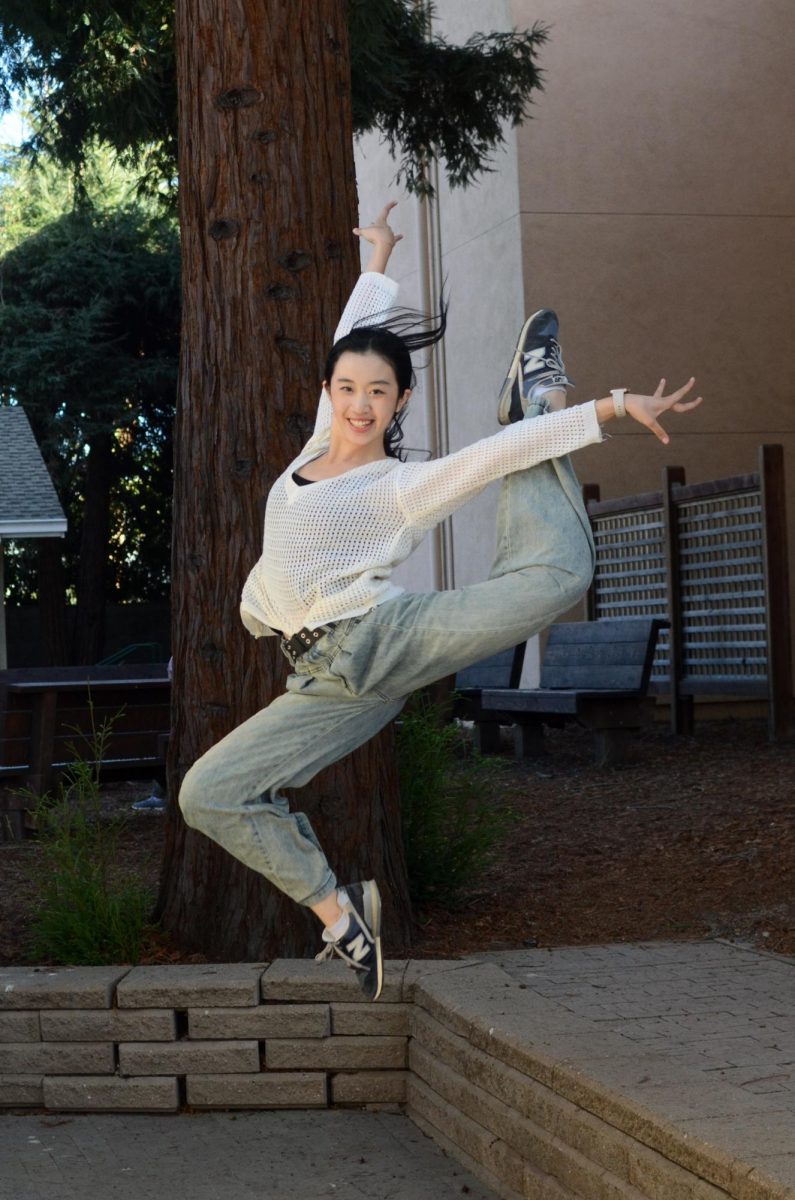
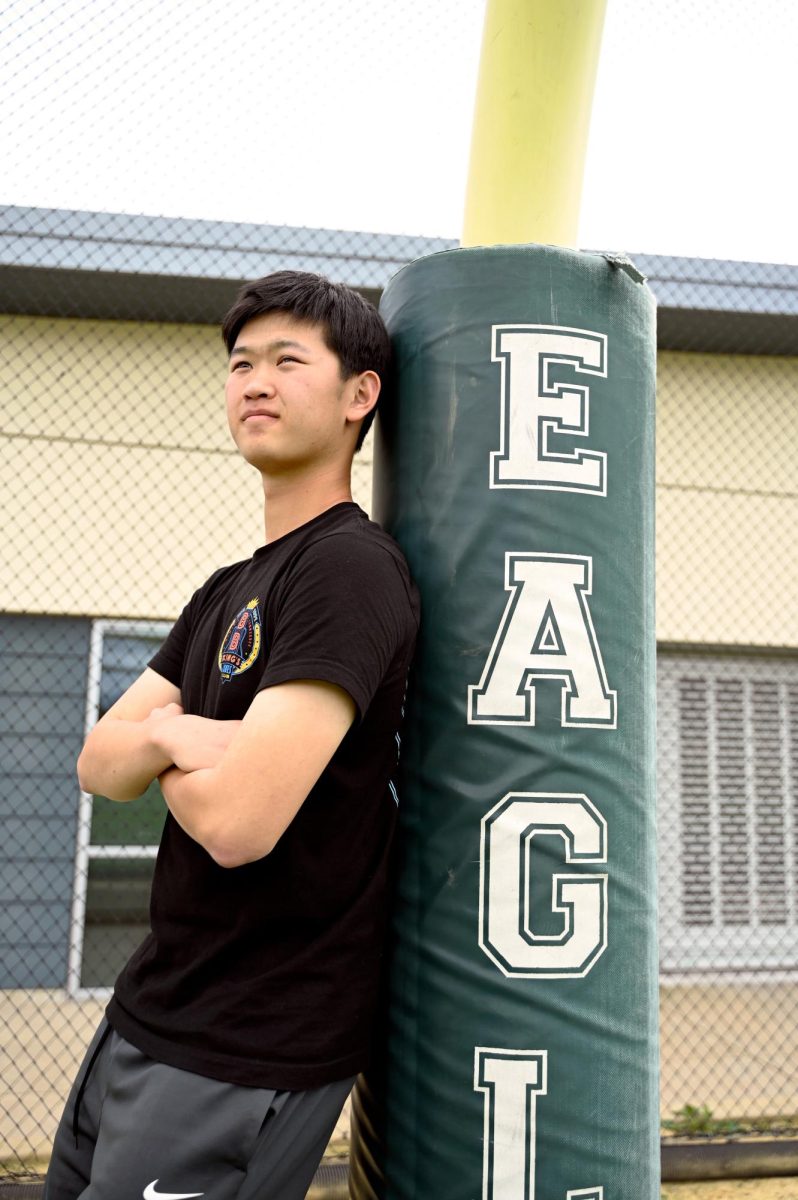
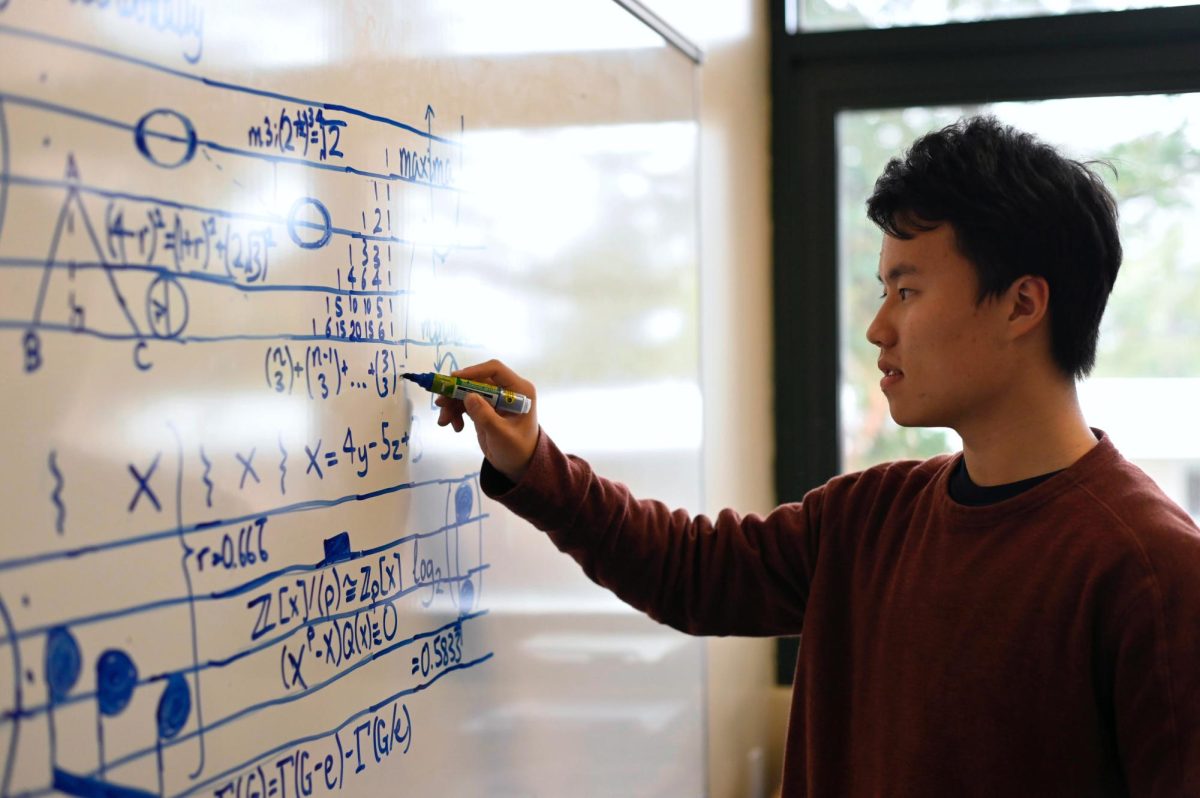








![“[Building nerf blasters] became this outlet of creativity for me that hasnt been matched by anything else. The process [of] making a build complete to your desire is such a painstakingly difficult process, but Ive had to learn from [the skills needed from] soldering to proper painting. Theres so many different options for everything, if you think about it, it exists. The best part is [that] if it doesnt exist, you can build it yourself, Ishaan Parate said.](https://harkeraquila.com/wp-content/uploads/2022/08/DSC_8149-900x604.jpg)


![“Animation just clicked in a way. I had been interested in art, but that felt different. [Animation] felt like it had something behind it, whereas previous things felt surface level. I wasnt making that crazy of things, but just the process of doing it was much more enjoyable, Carter Chadwick (22) said.](https://harkeraquila.com/wp-content/uploads/2022/08/Screen-Shot-2022-08-16-at-9.44.08-AM-900x598.png)


![“When I came into high school, I was ready to be a follower. But DECA was a game changer for me. It helped me overcome my fear of public speaking, and its played such a major role in who Ive become today. To be able to successfully lead a chapter of 150 students, an officer team and be one of the upperclassmen I once really admired is something Im [really] proud of,” Anvitha Tummala (21) said.](https://harkeraquila.com/wp-content/uploads/2021/07/Screen-Shot-2021-07-25-at-9.50.05-AM-900x594.png)



![“[Volleyball has] taught me how to fall correctly, and another thing it taught is that you don’t have to be the best at something to be good at it. If you just hit the ball in a smart way, then it still scores points and you’re good at it. You could be a background player and still make a much bigger impact on the team than you would think,” Anya Gert (’20) said.](https://harkeraquila.com/wp-content/uploads/2020/06/AnnaGert_JinTuan_HoHPhotoEdited-600x900.jpeg)

![“Im not nearly there yet, but [my confidence has] definitely been getting better since I was pretty shy and timid coming into Harker my freshman year. I know that theres a lot of people that are really confident in what they do, and I really admire them. Everyones so driven and that has really pushed me to kind of try to find my own place in high school and be more confident,” Alyssa Huang (’20) said.](https://harkeraquila.com/wp-content/uploads/2020/06/AlyssaHuang_EmilyChen_HoHPhoto-900x749.jpeg)













![“My slogan is ‘slow feet, don’t eat, and I’m hungry.’ You need to run fast to get where you are–you arent going to get those championships if you arent fast,” Angel Cervantes (12) said. “I want to do well in school on my tests and in track and win championships for my team. I live by that, [and] I can do that anywhere: in the classroom or on the field.”](https://harkeraquila.com/wp-content/uploads/2018/06/DSC5146-900x601.jpg)

![“I think getting up in the morning and having a sense of purpose [is exciting]. I think without a certain amount of drive, life is kind of obsolete and mundane, and I think having that every single day is what makes each day unique and kind of makes life exciting,” Neymika Jain (12) said.](https://harkeraquila.com/wp-content/uploads/2017/06/Screen-Shot-2017-06-03-at-4.54.16-PM.png)





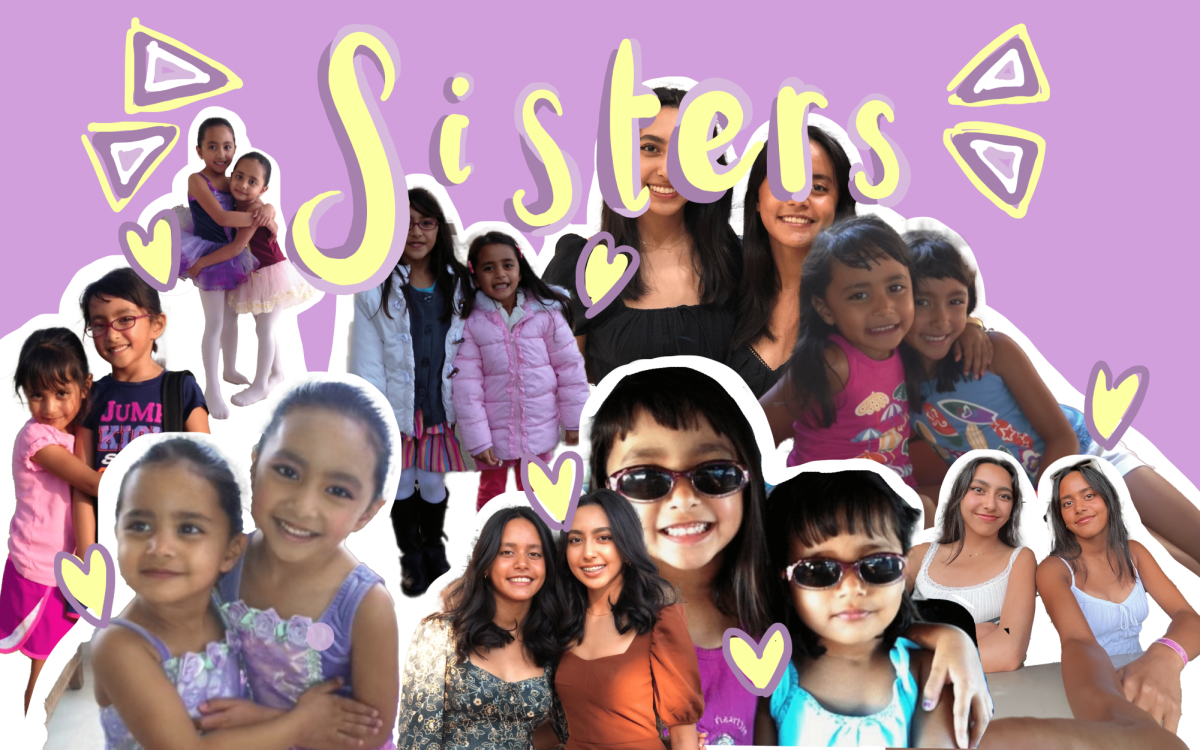
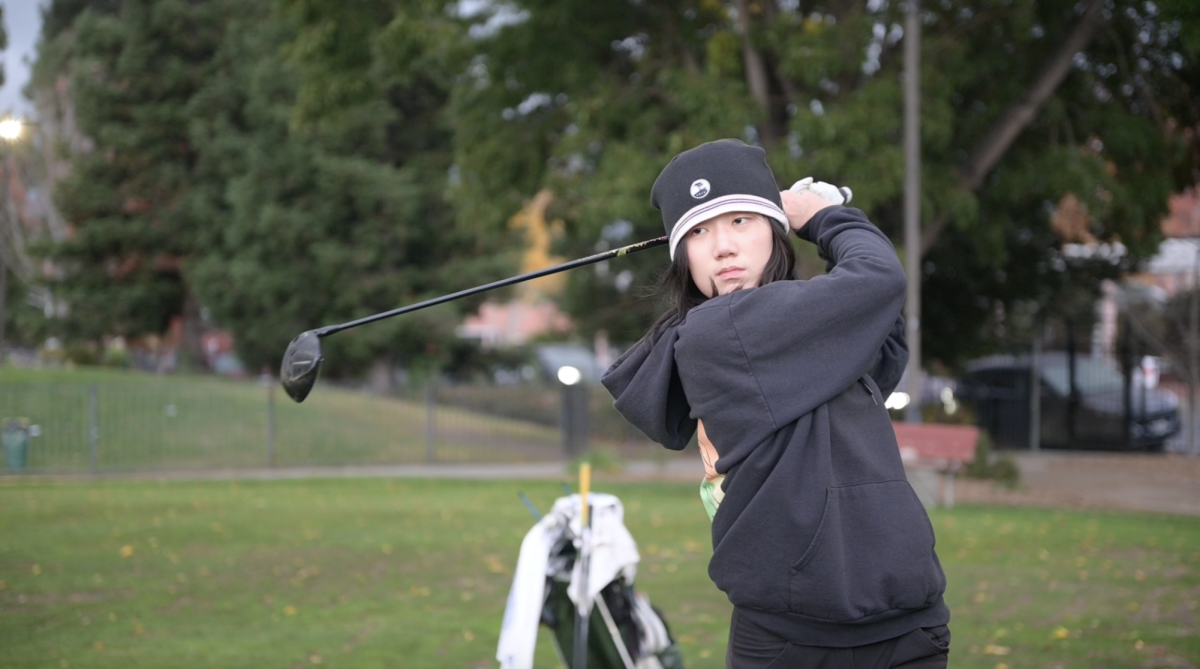
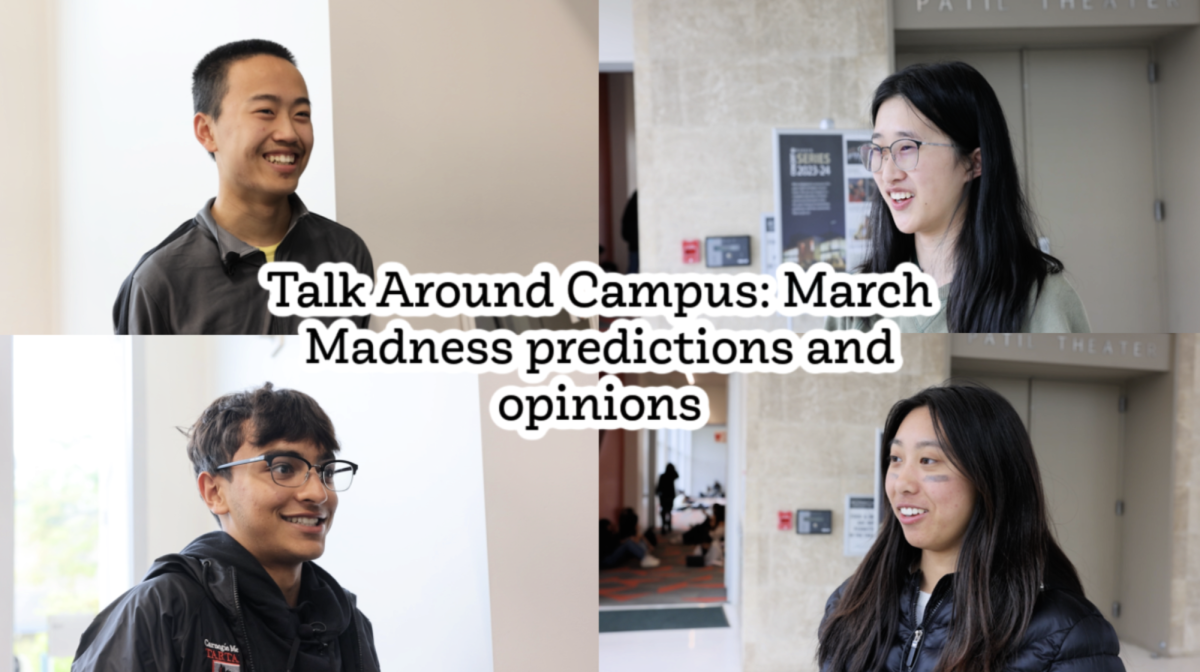
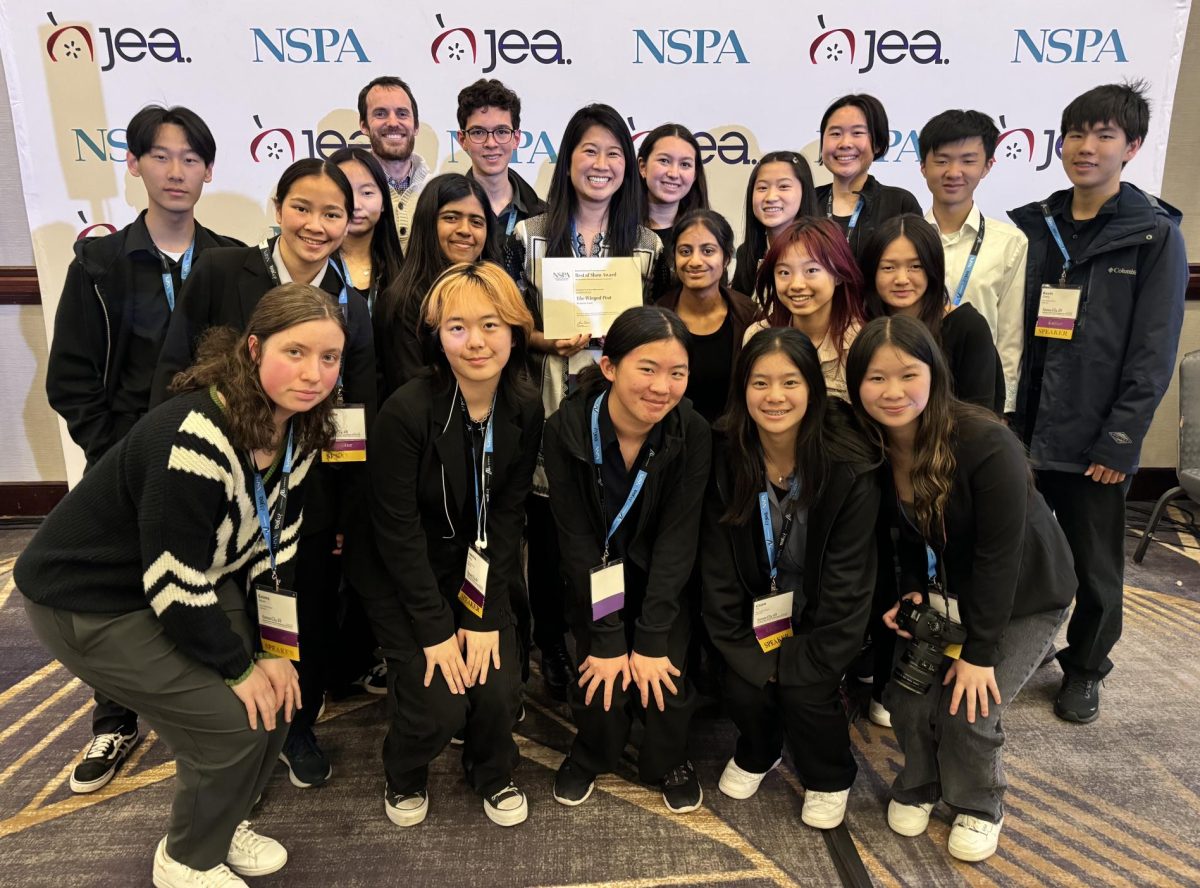
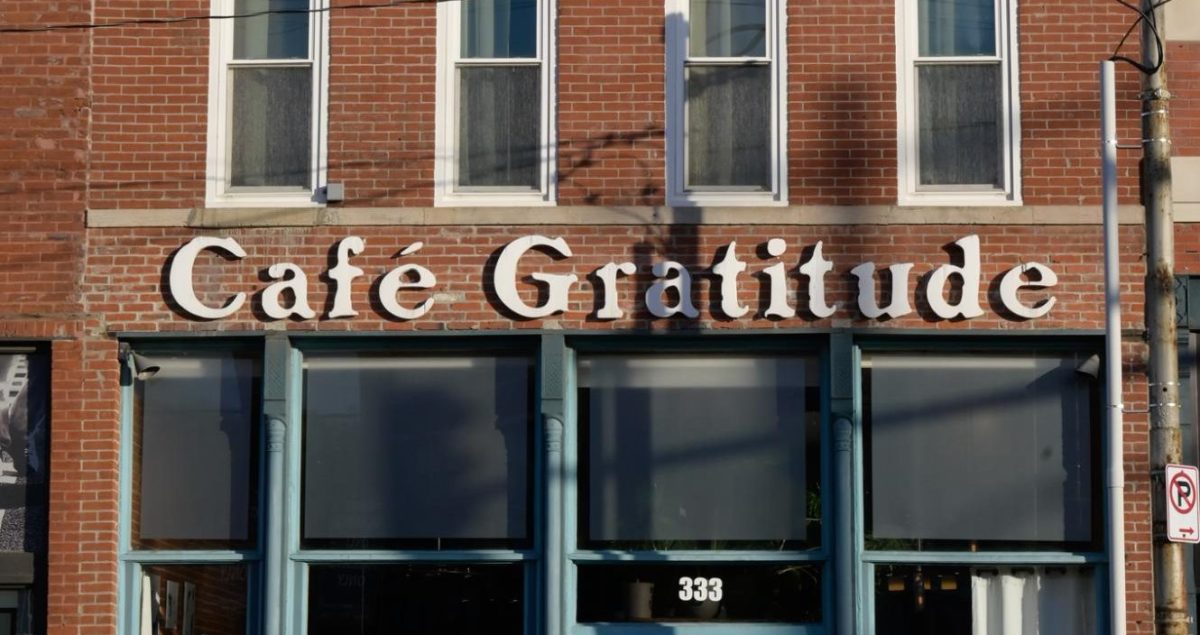

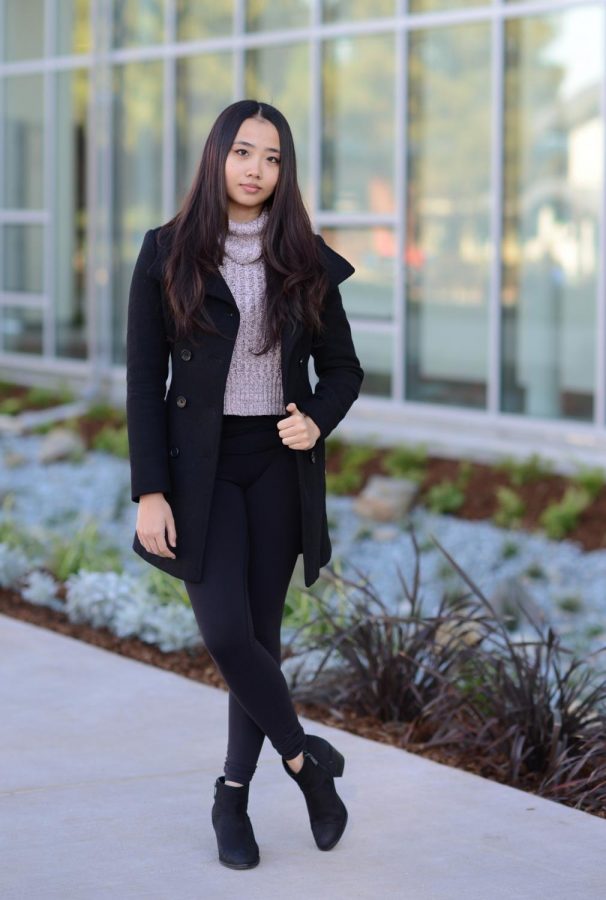
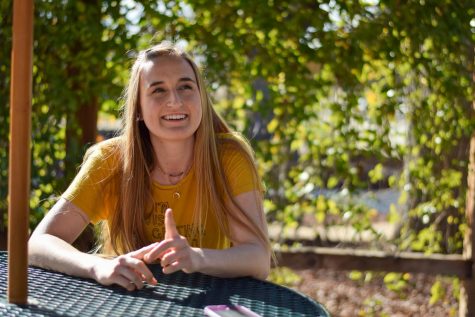
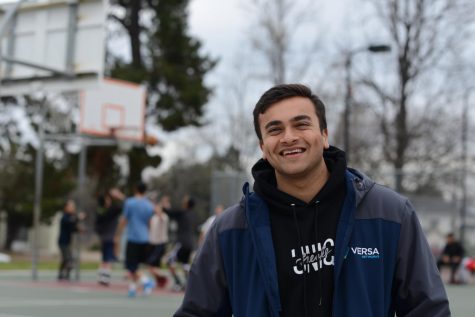
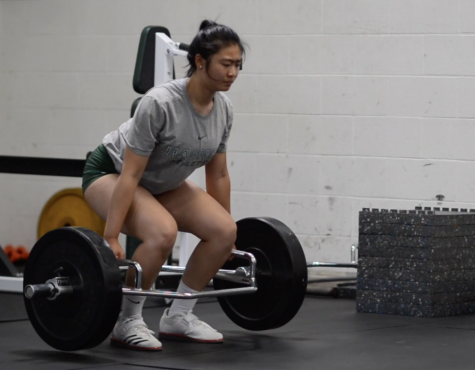

![“My slogan is ‘slow feet, don’t eat, and I’m hungry.’ You need to run fast to get where you are–you arent going to get those championships if you arent fast,” Angel Cervantes (12) said. “I want to do well in school on my tests and in track and win championships for my team. I live by that, [and] I can do that anywhere: in the classroom or on the field.”](https://harkeraquila.com/wp-content/uploads/2018/06/DSC5146-475x317.jpg)

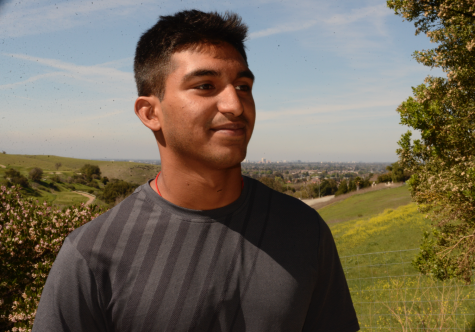
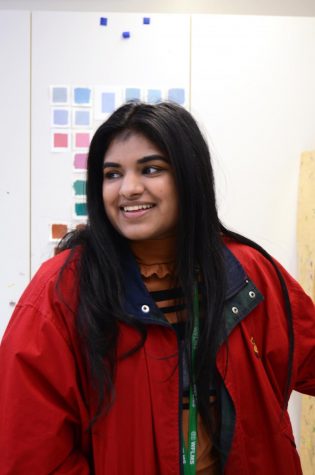

![“Most of our entire friend group played basketball in middle school,” Akshaya Vemuri (12) said. “And on one bus ride, we wanted to come up with names for each other that were related to a family. Everyone has their unique identity in the group, and we kind of use their nickname to identify them. [Meena Gudapati (12)] was just writing down a ton of nicknames for me, and she started calling me ‘Akla’ after ‘baklava’ and just shortened it.”](https://harkeraquila.com/wp-content/uploads/2018/06/AkshayaVemuri-MK-475x340.jpg)